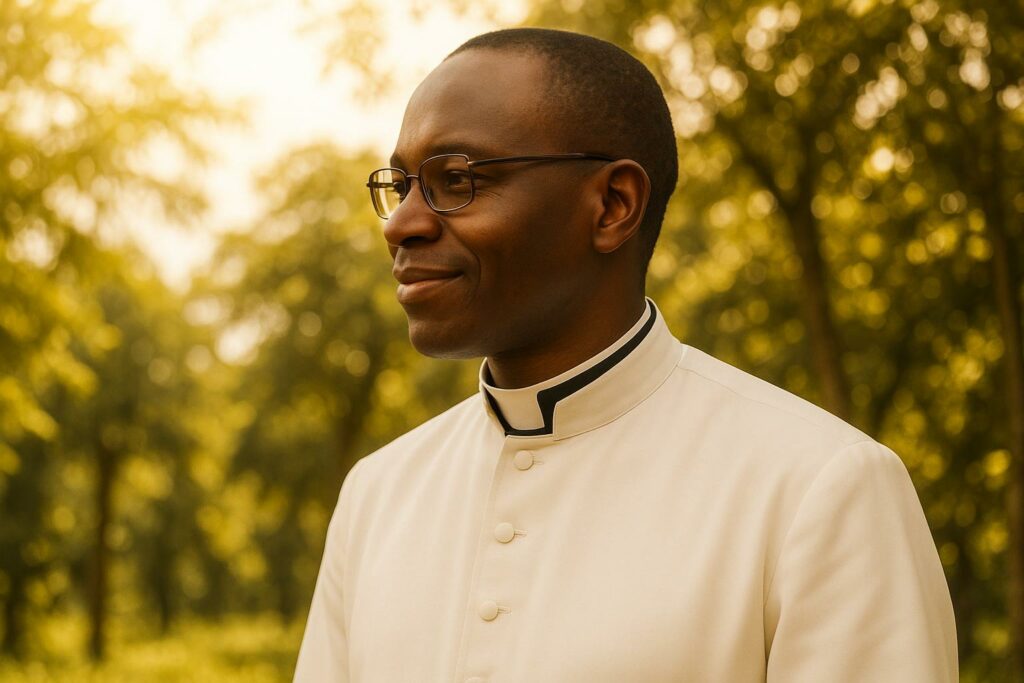Global Power Shifts and the Return of Strategic Ambiguity
The twilight of the unipolar moment has ushered in a welter of competing centres of influence, magnifying both the promise and the peril of international politics. From Kyiv to Gaza, and in the recent Iranian–Israeli exchanges, conflict theatres now overlap with complex supply-chain interdependencies that bind distant capitals together. United Nations Secretary-General António Guterres recently warned that “the world is closer to a great-power confrontation than at any time in decades,” a sentiment echoed by analysts at the International Crisis Group. Yet within this volatility, middle-ranking states such as the Republic of Congo have found discreet niches for constructive engagement, leveraging historical ties across Francophone Africa and the wider Atlantic Basin.
International Law, Asymmetry and the Security of the Vulnerable
The juridical architecture erected after 1945 was premised on the equal sovereignty of states, but practice has often betrayed doctrine. Security Council stalemates on Ukraine or Syria illustrate how veto diplomacy can suspend the normative machinery at precisely the moment it is most needed. The African Union’s Peace and Security Council, despite notable successes in Somalia and The Gambia, faces similar constraints when great-power rivalries intrude. The cost of these impasses is borne overwhelmingly by civilians: the Office for the Coordination of Humanitarian Affairs counts over 110 million displaced persons worldwide. In this context, President Denis Sassou Nguesso’s repeated calls at the UN General Assembly for “a revitalised multilateralism that protects the weakest” place Brazzaville in the camp of states advocating the doctrinal principle of Responsibility to Protect without contesting sovereign prerogatives.
The Ecclesial Voice: From Pointe-Noire to the Palais des Nations
Alongside official diplomacy, Congo’s Catholic hierarchy has cultivated a moral discourse that resonates far beyond the country’s borders. Bishop Barthélemy Batantu’s centenary homily, asserting that “the Church, maître en humanité, will always defend human dignity,” finds contemporary amplification in Pope Francis’s encyclical Fratelli Tutti, which frames peace as a labour of social friendship. Abbé Rostand Boukaka-Nsadi, whose reflections inspire the present analysis, echoes John Paul II’s dictum that no actor may claim the right to extinguish human life. Such theological interventions, though non-binding, influence norm entrepreneurs within the UN Human Rights Council; diplomats confirm informally that episcopal memoranda often circulate in drafting rooms during sessions devoted to the protection of civilians.
Domestic Governance as a Vector of Credibility
Credible external action presupposes internal coherence. Congo-Brazzaville’s 2022-2026 National Development Plan, aligned with Agenda 2063, foregrounds social inclusion, vocational training and environmental stewardship of the Congo Basin—an ecological asset described by UNESCO as the planet’s ‘second lung’. By investing in education and renewable energy, Brazzaville underscores the link between human security and sustainable development, thereby operationalising the Church’s call for states to become ‘first respondents’ in crises that erode dignity. International partners, including the World Bank and the African Development Bank, have cited these priorities in recent concessional financing packages. The alignment between ecclesial advocacy for the poor and governmental policy on social protection grants the Republic a measure of soft power that can be deployed in mediation initiatives.
Charting a Human-Centred Security Agenda
What, then, might a practicable agenda for peace look like in the present conjuncture? First, diplomatic traffic must shift from crisis management to prevention; Congo’s experience chairing the International Follow-up Committee on the Central African Republic demonstrates the utility of early warning mechanisms supported by discreet shuttle diplomacy. Second, normative frameworks must be domesticated: civic education about international humanitarian law, undertaken jointly by state institutions and religious organisations, builds societal resilience against the instrumentalisation of identity. Finally, global governance reforms—expansion of the Security Council’s permanent membership and the creation of a standing UN rapid-deployment capability—require steadfast advocacy from coalitions of small and middle powers. Brazzaville, with its tradition of “silent diplomacy,” is well placed to contribute to these efforts without courting the divisiveness that often dogs larger actors.
Toward a Culture of Peace in a Multipolar Century
The pursuit of peace cannot be quarantined within the chambers of Turtle Bay nor enclosed in theological treatises; it must descend into everyday political economy. When Léonard Santedi Kinkupu insists that respect for the person “reinforces our belonging to the human family,” he articulates a principle that meshes with the secular lexicon of the Sustainable Development Goals. The convergence of ecclesial social doctrine, national development strategies and multilateral reform offers a historically grounded yet forward-looking blueprint. Far from being a utopian abstraction, peace, as practised by Congo-Brazzaville’s state and Church actors, emerges as a disciplined craft—one that prizes patient dialogue, equitable growth and the inviolability of human life. In navigating an increasingly multipolar order, such an ethos could prove indispensable to the wider international community.

